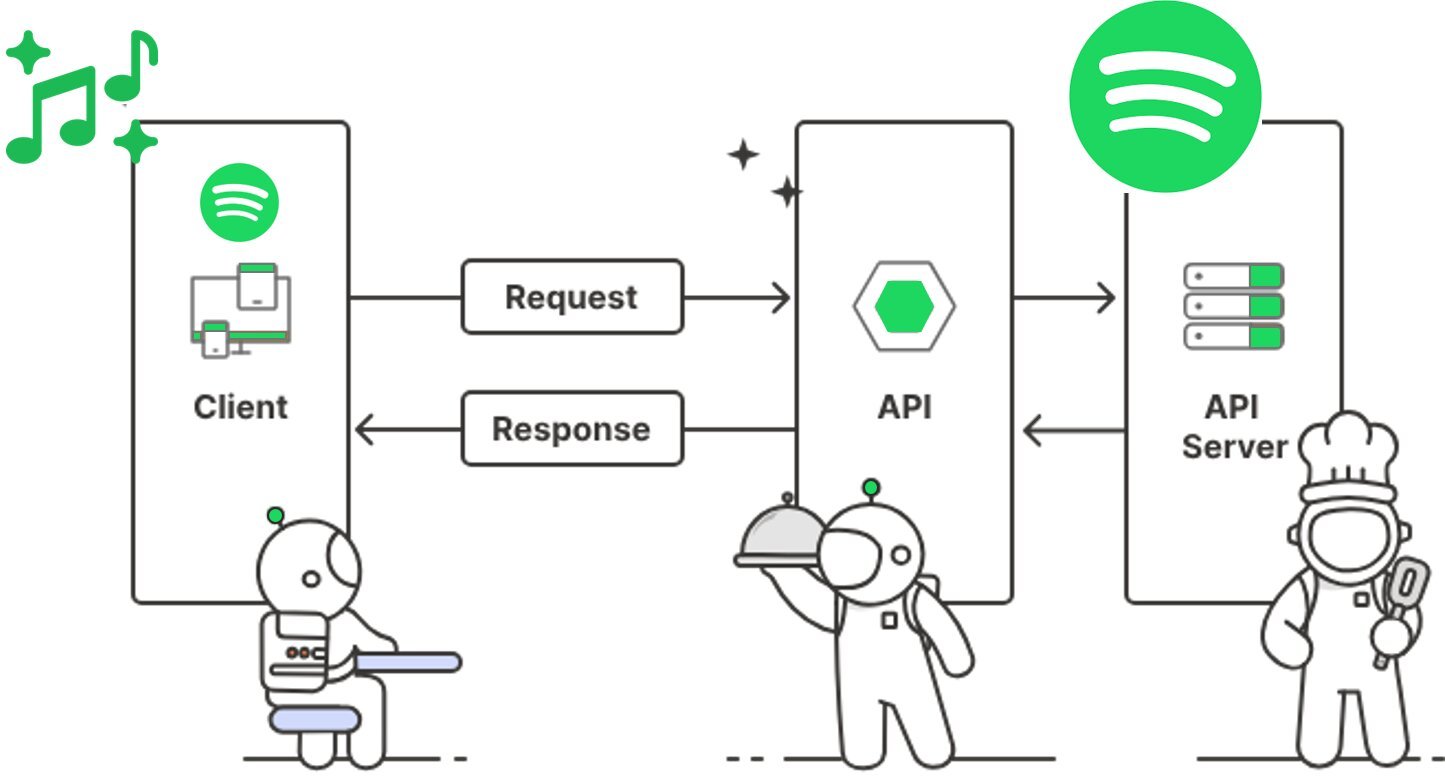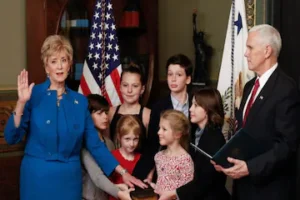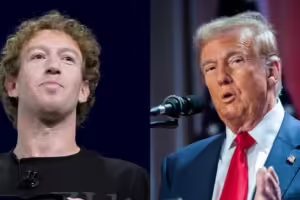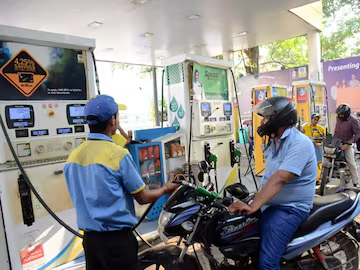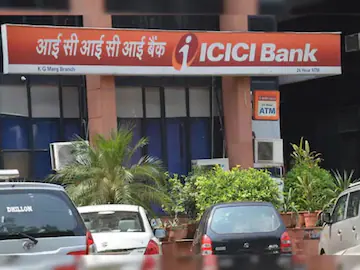What Harris Vs Trump Means for US Visas: An Indian Perspective
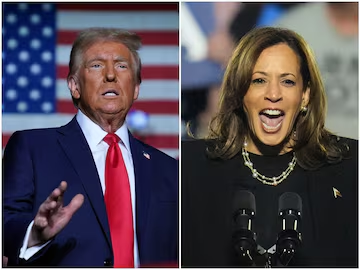
The contest between Kamala Harris and Donald Trump signifies two different visions for immigration
The escalating competition in the US presidential campaign has captured the attention of Indian nationals aspiring to pursue career opportunities, academic pursuits, and familial reunions in the United States. The clash between Kamala Harris and Donald Trump symbolizes contrasting perspectives on immigration. Harris advocates for a more encompassing approach, presenting possibilities for reform, whereas Trump prioritizes domestic concerns and advocates for stringent entry regulations.
Exploring how the policies of each candidate might influence significant US visa classifications for individuals from India.
A Tightened Route or a Crucial Support System: Evaluating the Role of H-1B Visas for Skilled Professionals
During the Trump administration, restrictions on H-1B eligibility were strengthened, minimum wage levels were raised, and rejection rates surged from 6% in 2015 to 24% in 2018. These changes aimed to safeguard job opportunities for Americans by limiting foreign competition. On the other hand, Harris advocates for expanding the current H-1B visa quotas, presently set at 65,000 for regular visas and 20,000 for advanced-degree visas. Should she assume office, Harris could pursue policy adjustments, yet her previous stance suggests potential obstacles in overturning the existing restrictive regulations.
Approaches to Reunite Families through Immigration: Exploring Various Methods
The implementation of family-based visas has facilitated the reunion of numerous Indians with their relatives residing in the United States. The transition under Trump’s administration towards a merit-based immigration system that prioritizes skills over familial connections has led to a restriction on family-based immigration to only spouses and minor children. While this strategy may alleviate backlogs for skilled workers, it simultaneously constrains immigration centered on family ties. Harris advocates for policies that prioritize reuniting families; however, with more than 1 million Indians waiting in the family visa line, advancements have been slow, prompting concerns about her capacity to tackle these issues effectively should she assume office.
Title Rewrite: Indian Professionals Waiting in Queue for Green Card
Indian professionals holding H-1B visas encounter extensive delays in obtaining employment-based green cards caused by per-country limitations, resulting in staggering wait periods of as long as 84 years. Harris is actively supporting the Fairness for High-Skilled Immigrants Act to eliminate these restrictions, potentially streamlining the green card process for Indians. Conversely, Trump’s proposal emphasizing merit-based points would give precedence to applicants with specific skill sets, predominantly in STEM disciplines, potentially putting others at a disadvantage. Unless substantial modifications are made, the backlog for green cards among Indian nationals is expected to endure.
Exploring Educational and Professional Paths: Student Visas and OPT
Indian students are estimated to add around $7.6 billion every year. During Trump’s administration, there was heightened scrutiny on F-1 student visas, with proposed restrictions on Optional Practical Training (OPT) that could affect employment opportunities. Harris stands in favor of OPT and has pushed for the possibility of extending its period, especially beneficial for STEM graduates.
Visa for Investors: Middle-Class Entrepreneurs Face Restricted Entry
Investment visas like the EB-5 have become a magnet for Indian businesspersons eyeing opportunities in the American market. The Trump administration’s move to bump up the minimum investment requirement from $500,000 to $900,000 was a strategic way to focus on attracting more substantial financial commitments, thereby sieving out lesser contributions from middle-class investors. On the other hand, although Harris has hinted at backing foreign entrepreneurship, her tangible efforts in this domain have been lackluster so far.
Finding the equilibrium between security measures and accessibility with visitor visas
Importance lies in visitor visas for family visits, business trips, and short-term travel. The emphasis on security within Trump’s policies has resulted in extended processing times, while Harris could potentially relax restrictions for countries with low risk levels, such as India.
Navigating Anticipations amidst a Future Full of Ambiguity
The imminent election presents contrasting perspectives on immigration without promising extensive transformations from either candidate. Harris advocates for inclusivity, yet her track record indicates a sense of guarded hopefulness at most. Trump’s strategies prioritize American workforce and safety, resulting in constrained entry and reduced avenues for new immigrants. Aspiring individuals from India aim for a simplified and consistent visa process, striving for significant improvements amid challenges posed by political and administrative obstacles.
Authored by Mohak Nahta, the brains behind Atlys, serving as its Founder and CEO.
The views and investment tips by experts in this News18.com report are their own and not those of the website or its management. Users are advised to check with certified experts before taking any investment decisions.
